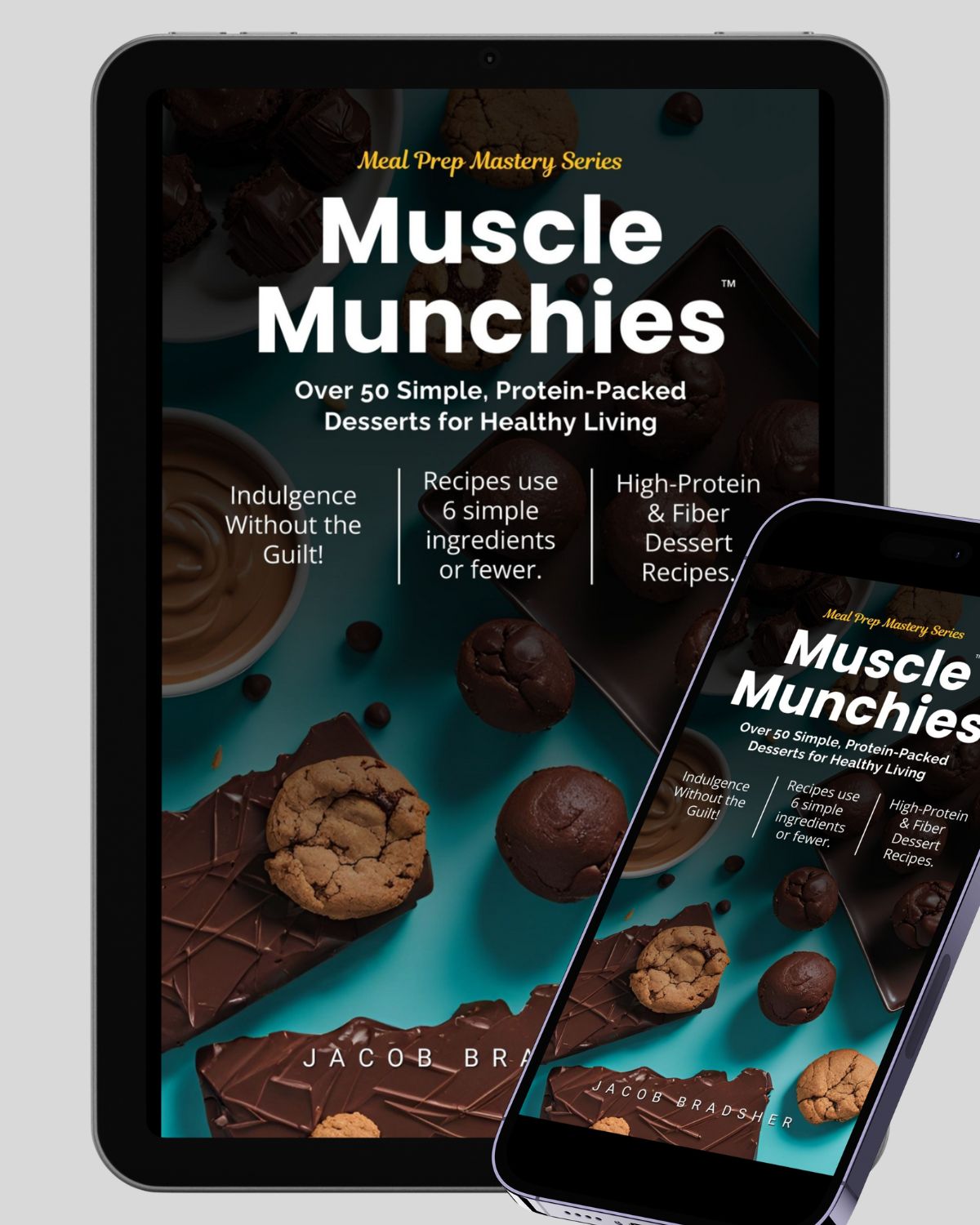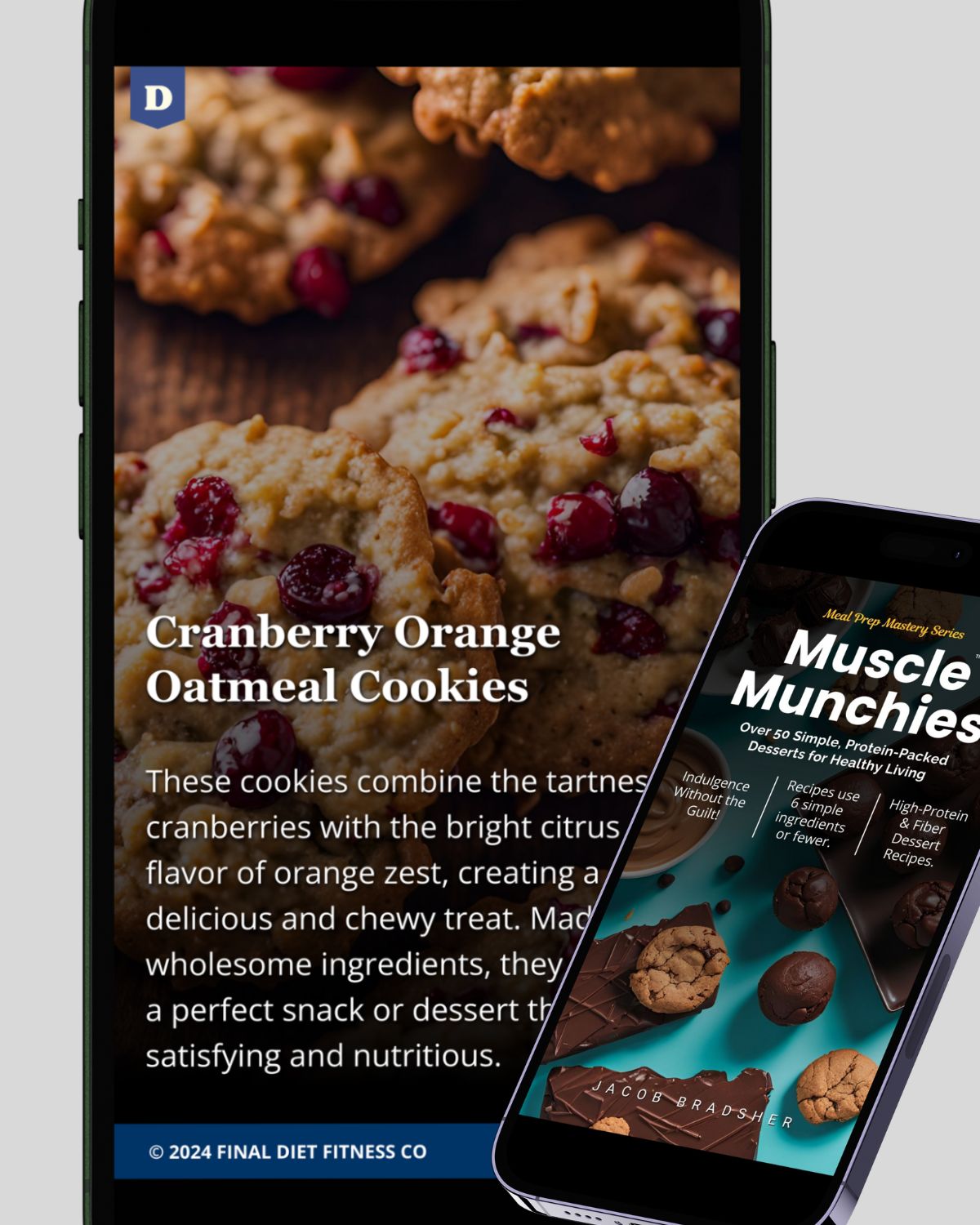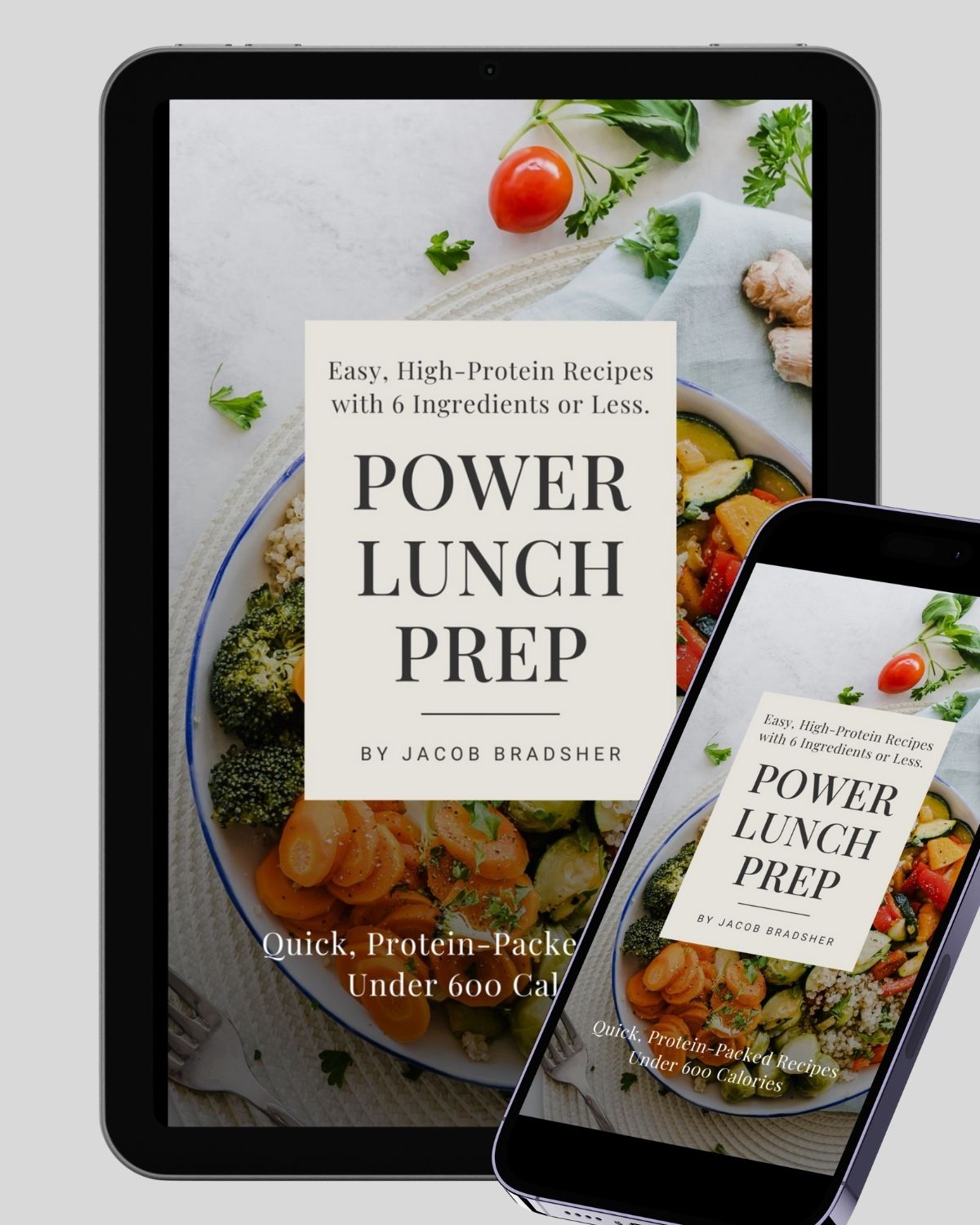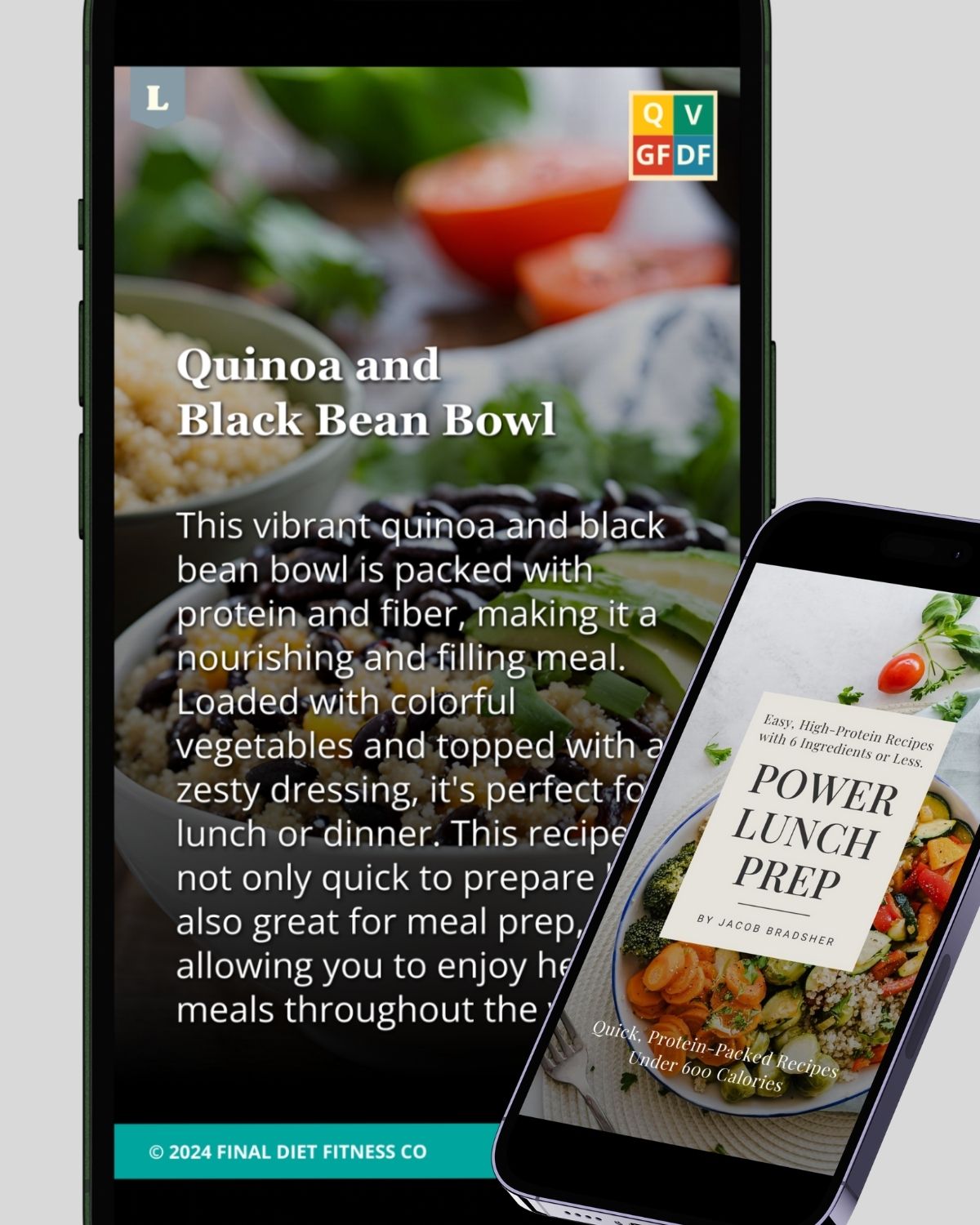
Sugary beverages are a favorite indulgence for many, from sodas and fruit juices to sweetened coffee drinks. However, research consistently shows that liquid calories, particularly from sugary drinks, impact the body differently than solid foods. Consuming sugar in liquid form promotes less satiety, reduces the body’s ability to compensate for energy intake, and is closely linked to weight gain.
Why Liquid Calories Are Different
1. Less Satiety
When we consume sugar in liquid form, it doesn’t trigger the same satiety signals that solid foods do. Satiety, or the feeling of fullness after eating, is essential for regulating food intake. Beverages are digested quickly and don’t provide the chewing or bulk required to signal fullness effectively.
A 2007 study published in the American Journal of Clinical Nutrition highlighted how liquid calories fail to satisfy hunger, leading to increased overall calorie intake throughout the day. Solid foods, on the other hand, take longer to digest and keep hunger at bay for longer periods.
2. Reduced Energy Compensation
Energy compensation refers to the body’s natural ability to adjust food intake based on calorie consumption. For example, when you eat a large meal, you’re likely to consume less at your next meal. However, sugary drinks disrupt this mechanism.
A systematic review published in Obesity Reviews found that when people consume calories from beverages, they are less likely to reduce calorie intake from other foods. This lack of energy compensation means sugary drinks often add calories to the diet without replacing them, contributing to a caloric surplus and subsequent weight gain.
3. Increased Weight Gain
Because sugary beverages lack the satiety effects of solid foods and interfere with energy compensation, they are strongly associated with weight gain. A 2012 review in Nutrition Reviews discussed the unique challenges sugary drinks pose to weight management, noting that they contribute significantly to excess calorie intake over time.
The speed at which liquid calories are consumed also plays a role. It’s easy to drink a 300-calorie soda in minutes without realizing the impact on your daily caloric intake. Over time, this can lead to fat storage and weight gain, particularly if the added calories are not offset by increased physical activity.
Other Health Implications of Sugary Beverages
1. Blood Sugar Spikes and Crashes
Sugary drinks cause rapid spikes in blood sugar levels, followed by sharp drops, which can lead to fatigue, irritability, and cravings for more sugar.
2. Increased Risk of Chronic Diseases
Regular consumption of sugar-laden beverages has been linked to a higher risk of developing type 2 diabetes, cardiovascular disease, and metabolic syndrome.
3. Dental Health Concerns
Sugary drinks can erode tooth enamel, increasing the risk of cavities and other oral health issues.
How to Reduce Liquid Sugar Intake
1. Choose Water First
Opt for water, sparkling water, or unsweetened beverages as your primary drinks. Adding a slice of lemon or cucumber can make plain water more appealing.
2. Limit Sugary Drink Consumption
If you enjoy sugary beverages, treat them as an occasional indulgence rather than a daily habit.
3. Read Labels Carefully
Many seemingly healthy drinks, such as fruit juices and flavored teas, are packed with hidden sugars. Look for unsweetened or "no added sugar" options.
4. Focus on Whole Foods
When you’re craving something sweet, choose whole fruits over fruit juice. The fiber in whole fruits slows sugar absorption and promotes satiety.
5. Experiment with Low-Calorie Alternatives
Try drinks sweetened with low- or no-calorie options like stevia or monk fruit if you’re looking for a sweeter taste without the extra calories.
Conclusion: Think Before You Drink
Liquid calories may seem harmless, but they can significantly disrupt your body’s natural hunger cues and energy balance. By promoting less satiety and hindering energy compensation, sugary drinks often pave the way for weight gain and other health issues. The solution? Be mindful of what you drink and prioritize hydrating, nutrient-dense options like water or unsweetened beverages. Small changes in your drink choices can lead to big improvements in your overall health and weight management efforts.







